-
Casinos for you
NFL Fans on BLM
By GamblersPick Oct 06, 2020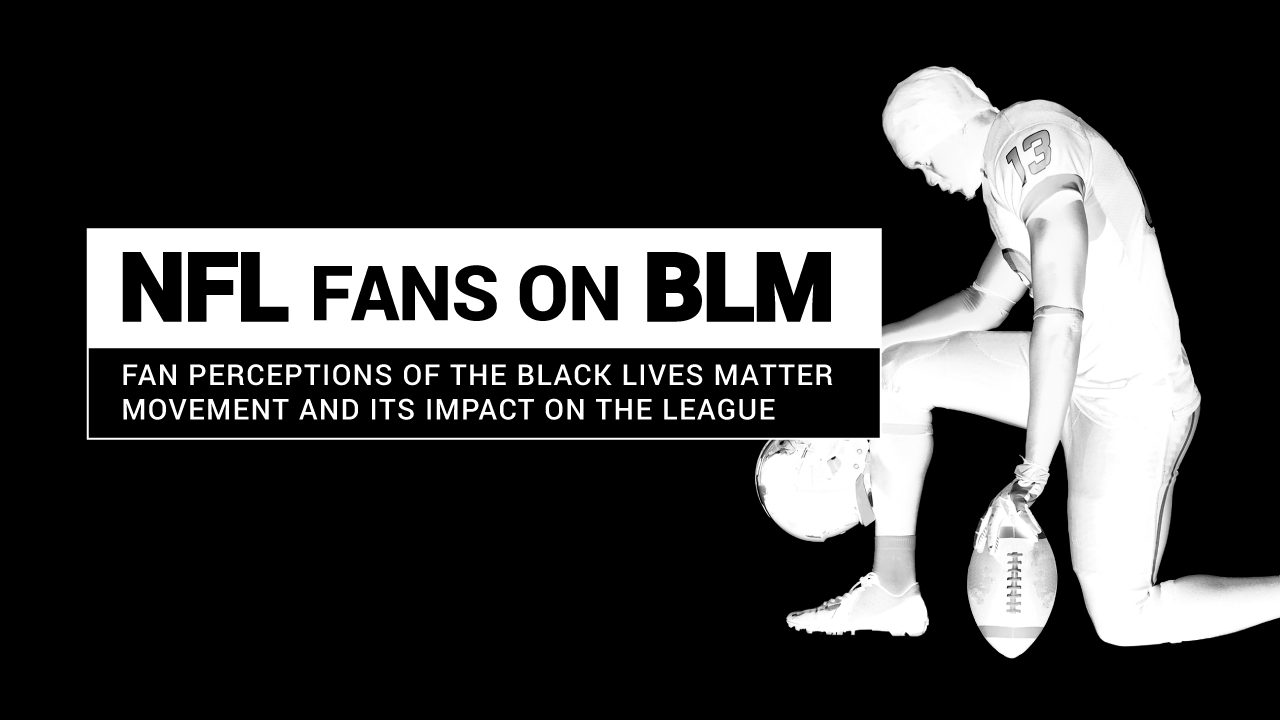 We surveyed more than 1,000 NFL fans about their sentiment on the Black Lives Matter movement in and outside of football.
We surveyed more than 1,000 NFL fans about their sentiment on the Black Lives Matter movement in and outside of football.As of late August 2020, the NFL will not be flying a BLM flag at its games, marking a significant departure from actions of the MLB. The football establishment is under particular scrutiny, considering the high percentage of Black players as well as the league’s response to Colin Kaepernick’s protests against police brutality and racial inequality starting in March of 2016. The NFL has, however, announced a $250 million commitment to “combat systematic racism,” and Kaepernick’s former team did fly the BLM flag at Levi’s Stadium. So, do people think this is enough? Is it too much? We spoke directly to the fans to find out.
More than 1,000 self-described football fans shared their sentiment on the place of the Black Lives Matter movement in and outside of football. They explained how certain decisions would impact their support for the league and even their most beloved teams. Certain teams’ fans were more opposed than others, while actions beyond flying the BLM flag were also considered. Additionally, we took a quick peek at changing opinions since the Colin Kaepernick decision. Read on to see what we found.
Fan Opposition and Support for BLM
To kick off our study, we presented fans with one simple question: Do you support the Black Lives Matter movement? Although all were fans of the NFL, the question’s intent was to consider the movement as a whole, beyond the league. We separated their answers, however, by the teams they supported, as well as their political affiliation.

NFL fans overwhelmingly expressed support for BLM. Sixty-nine percent said yes, they support the movement. Most Republicans supported the movement as well, in spite of a tweet from President Trump’s Twitter account calling a BLM emblem in New York “a symbol of hate.” Overall, the BLM support represents a pretty significant departure for the league’s fans, most of whom previously felt that sports was simply not a place for politics, no matter how pressing. Just a few short years ago, most fans were also in disagreement with Colin Kaepernick’s protests. Flash-forward to today, where just 14.7% of fans say they oppose BLM.
There were, however, some teams whose fans were more opposed to BLM than others. The top three BLM-opposing fan bases were those rooting for the Dallas Cowboys, the Kansas City Chiefs, and Colin K’s team, the San Francisco 49ers. Perhaps the 49ers fans are expressing the highest level of opposition due to the fact that their team has decided to fly the BLM flag, unlike the others. Dallas Cowboys owner/general manager Jerry Jones has yet to make a comment on the issue, though defensive tackle Gerald McCoy has argued, “The Dallas Cowboys are the most recognized franchise in the world. They can get behind it … it would be great to hear a statement from the Cowboys.” Kansas City Chiefs also have superstar player Patrick Mahomes pushing for his team and the NFL to do more to acknowledge past mistakes.
Signs of Solidarity
Flying the flag and apologizing to Colin Kaepernick seem to be the two overarching requests (or at least topics of conversation) around BLM support in the NFL. But there have been talks of other signs of solidarity as well. The following chart represents the percentage of fans supporting, opposing, and remaining neutral to various acts of solidarity the NFL could theoretically take.

The NFL is still reportedly nearing an agreement to allow players to wear decals on their helmets that would honor the victims of police brutality. The decisions of the names on the decal would then be left up to the player. Sixty-four percent of fans were supportive of players honoring the victims in this way, and roughly the same percentage were supportive of them wearing general BLM decals on the field.
Taking a knee during the national anthem, which really started with Colin Kaepernick in 2016, was a concept supported by 62.4% of fans. Though the NFL commissioner released a statement several weeks after the killing of George Floyd claiming, “We, the National Football League, admit we were wrong,” Colin Kaepernick’s name was noticeably absent from the apology. Sixty-three percent of fans were supportive of the idea of the NFL issuing an explicit apology to him. Keep reading to see a deep dive into fan sentiment around Kaepernick’s actions.
The Kaepernick Conversation
The conversation around kneeling and Colin Kaepernick has taken quite a drastic turn since it first began in 2016. Even if he has been vindicated to a certain extent, he still remains uninvited to return and without apology. The next part of our study dives into fan sentiment around these specific issues, as well as how that sentiment has evolved since Kaepernick first started kneeling.

In spite of the modern support fans demonstrate for BLM today, Colin Kaepernick’s decision was admittedly resisted among fans at the time. More than a quarter of fans (27.9%) confessed they were opposed to Kaepernicks’ protest when it happened, although nearly half said they have completely changed their opinions since then. The changing of hearts and minds was likely due in large part to the BLM movement itself, which many experts claim is the largest movement in the entirety of the history of the United States.
Changing hearts and minds is and was no easy feat, but it did occur across all political parties. Forty-nine percent of Republicans who opposed Kaepernick’s kneel said they now agree with the decision, several years later. Even those who were originally in the middle of the aisle politically felt compelled to change their original opinions: 22.4% of independents who initially opposed Kaepernick’s behavior confessed they were now on board.
Maintaining Viewership
When a person is getting physically overthrown or crossing the threshold into TD zones, you might not find yourself wondering what their political views are. But many NFL fans just might be. When we asked respondents how important it was that their favorite NFL players share the same views as them, some teams’ fans were pretty adamant that they be similar. In comparison to the COVID-19 pandemic, respondents were also asked to weigh their concern over BLM with that of the coronavirus.

In spite of the fact that so many fans demonstrated a likelihood to change their views over time, exactly 51.6% said it was still important that their favorite NFL players share the same views as them in the present. Those identifying as Democrats were the most likely to feel this way, but it was those aligned with Republicans who were the most likely to say they would actually stop watching their favorite teams if they demonstrated any type of support for BLM.
But Republicans certainly weren’t the only ones who felt strongly enough about BLM to react this way. Fifty-three percent of respondents overall said they’d too stop watching certain teams if their players protest for BLM. Interestingly, it mattered most to fans of Washington’s Football Team (formerly the Redskins) that the players share their views. Racism against Native Americans has been at the forefront of this team’s discussion as well. Though team owner Dan Snyder had long resisted a name change, FedEx asked them to rebrand, Nike pulled their merchandise, and many investment firms and shareholders also put renewed pressure on the team to change the name in the wake of the current civil rights movement.
In comparison to COVID-19, the BLM movement will barely make an impact at all on viewership. Eighty-four percent of fans agreed that they were more concerned about COVID-19 when it came to watching games than a player’s decision to protest. Preliminary studies show that NFL viewership is down roughly 12% this year already, which some attribute to BLM protests but, in reality, may be due to issues with competing against the backdrop of the coronavirus.
NFL’s 2020 Season
Though we could say their season kicked off with a rocky start, most fans won't be giving up their love of the sport. About half cared if the players shared the same views as themselves. Fans were also likely to be able to change their mind when it came to BLM-related acts of protest, as so many came around on Colin Kaepernick’s actions.
In a world where differences of views are not always tolerated, football fans came together. Many changed their minds and came together to support BLM and Colin Kaepernick across all three political parties, despite notoriously different opinions in the past. Perhaps even as the league “gets political,” fans will be more open to it than the world had previously thought.
Methodology
We surveyed 1,003 NFL fans about their opinions on the Black Lives Matter movement and its impact on the NFL. Respondents were 64.7% men and 35% women. Two respondents identified as nonbinary. The average age of respondents was 37.3 with a standard deviation of 11.9.
Respondents had to identify as being fans of the NFL in order to qualify for the study. Respondents were asked to report what teams they were fans of. They were allowed to select as many teams as they wanted.
We asked respondents to report whether they oppose or support the Black Lives Matter movement. They were given the following scale of answer options:
- Strongly oppose
- Oppose
- Neither oppose nor support
- Support
- Strongly support
In our final visualization of the data, we combined these into three groups: oppose, neither oppose nor support, and support. The same answer scale and groupings were used for response about opposition and support for Colin Kaepernick’s 2016 protests.
Additionally, we asked respondents on the same answer scale to identify their opposition or support for various actions the league could take to show solidarity with the BLM movement that have been discussed for the 2020 season.
Respondents were asked to indicate how unimportant or important it is whether their favorite NFL players share the same views as them. Respondents were given the following options:
- Extremely unimportant
- Unimportant
- Neither unimportant nor important
- Important
- Extremely important
In our final visualization of the data, we combined these into the following groups: unimportant, neither unimportant nor important, and important.
Limitations
The data we are presenting rely on self-report. There are many issues with self-reported data. These issues include, but are not limited to, the following: selective memory, telescoping, attribution, and exaggeration.
Fair Use Statement
Things are certainly up in the air for the NFL. If you know somebody who is trying to keep their finger on the pulse or someone who would benefit from our data, you are welcome to share it with them. Just be sure your purposes are noncommercial and that you link back to this page for proper attribution.
Tags
Related Blog Posts
-
CASINOS
- Popular
- Specialty
- Features
- Casinos By
-
BONUSES
- Popular
- By Type
-
GAMES
-
Slots
- Popular
- By Software
- Variations
- Features
-
Blackjack
- Popular
- Variations
- Features
-
Roulette
- Popular
- Variations
- Features
-
Video Poker
- Popular
- Variations
- Features
-
Craps
- Popular
- Features
-
Baccarat
- Popular
- Features
-
Poker
- Popular
- Variation
- Features
-
More Games
- Keno
- Bingo
- Fixed Odds
- Other Games
-
JACKPOTS
- Popular
- By Game
- By Software
-
COMMUNITY



.png.0f651d9e8ab97819d8e6bcc89d162b26.png)

.png.a0acfd195007976e042ec7e6bcc699bc.png)





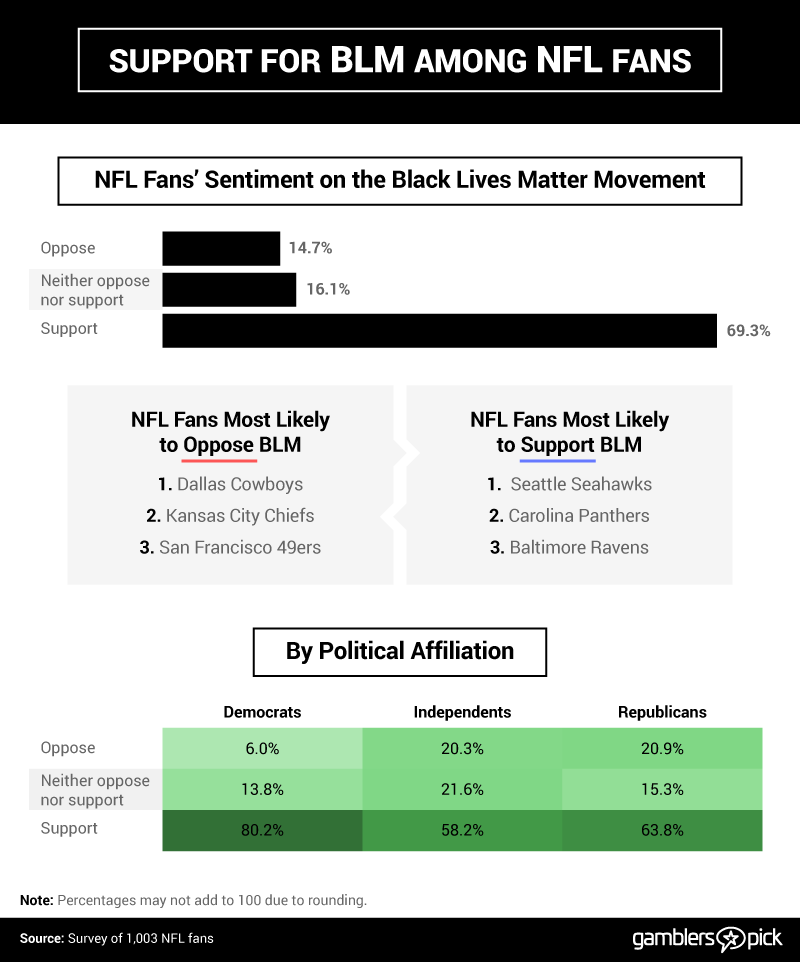
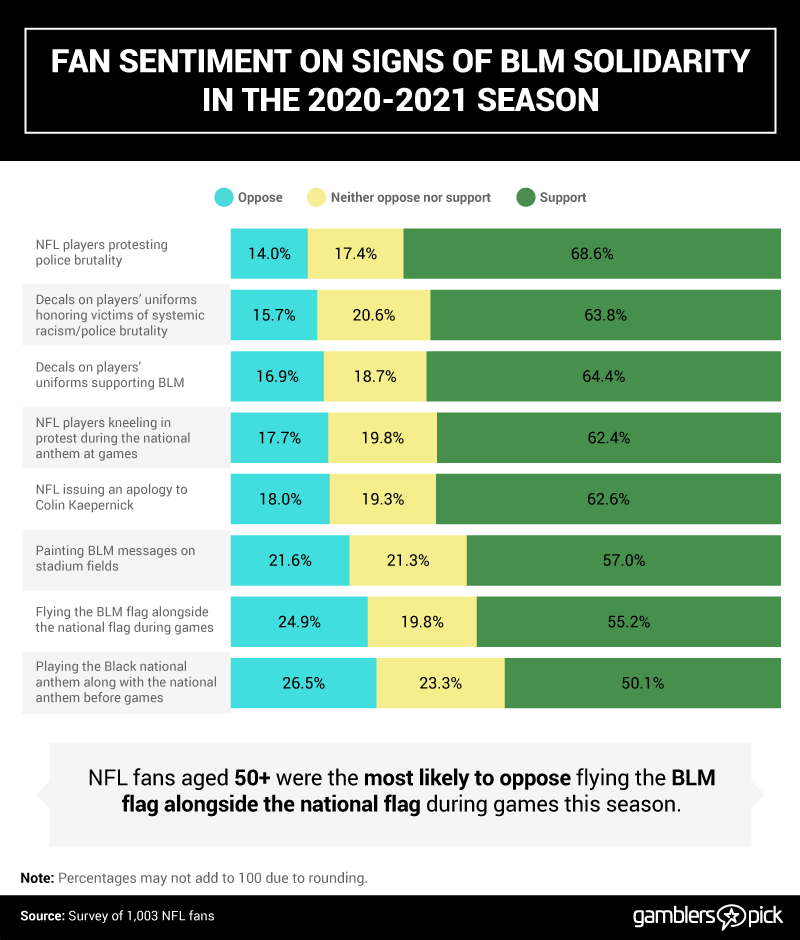
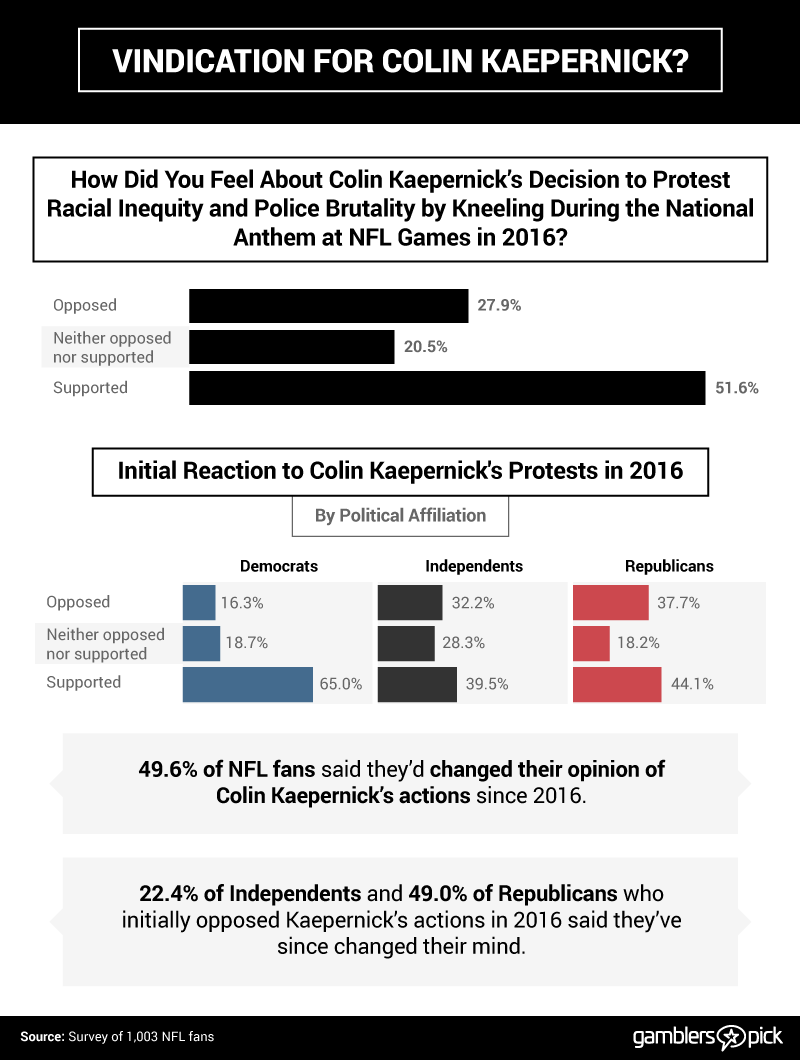
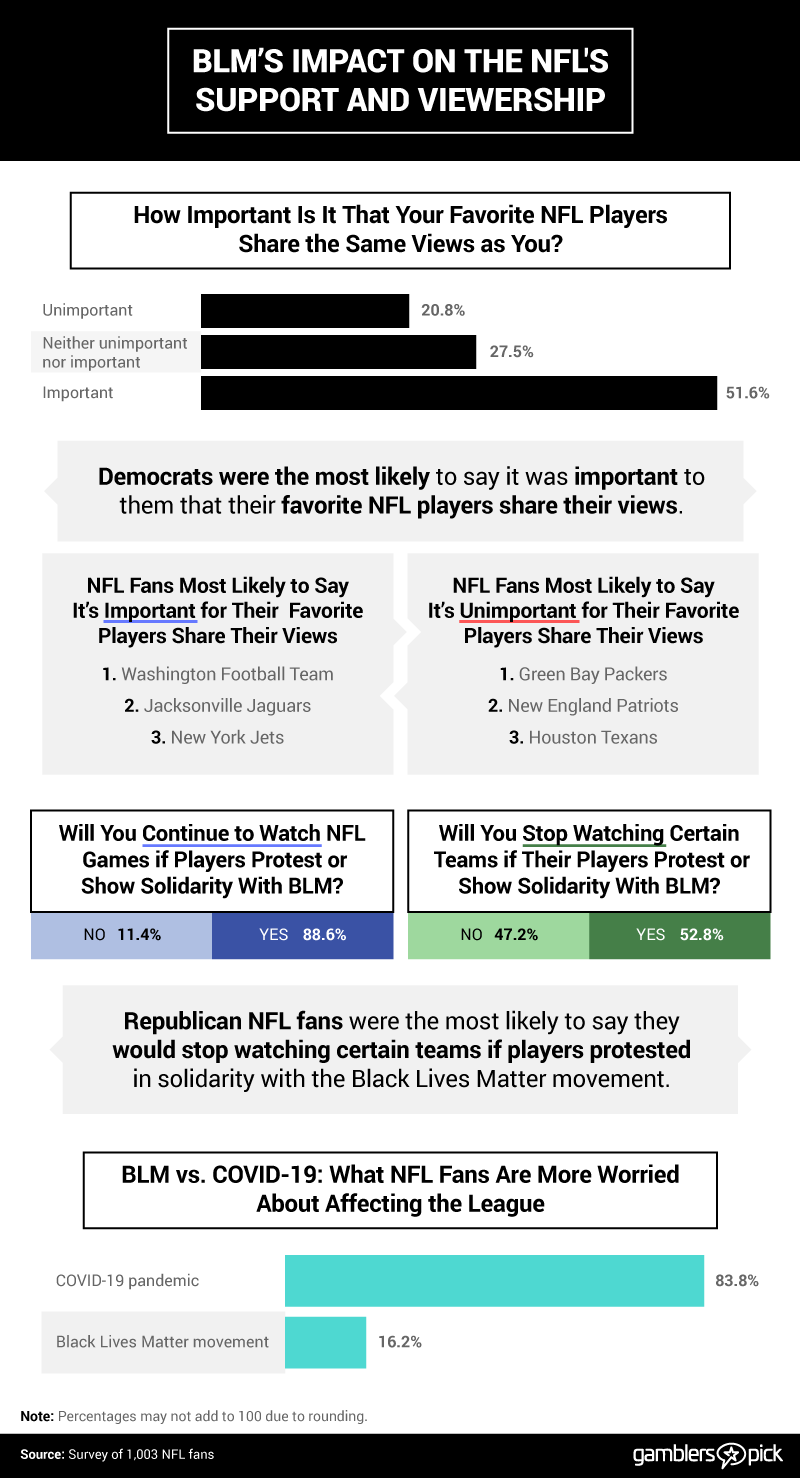
.jpg.80608d000033788c9aa397d7b5489349.jpg)





.jpg.0f083fed53833a901d7e4f85850a3502.jpg)

.jpg.6b9828f10acec861aa6d7ecd9550803e.jpg)
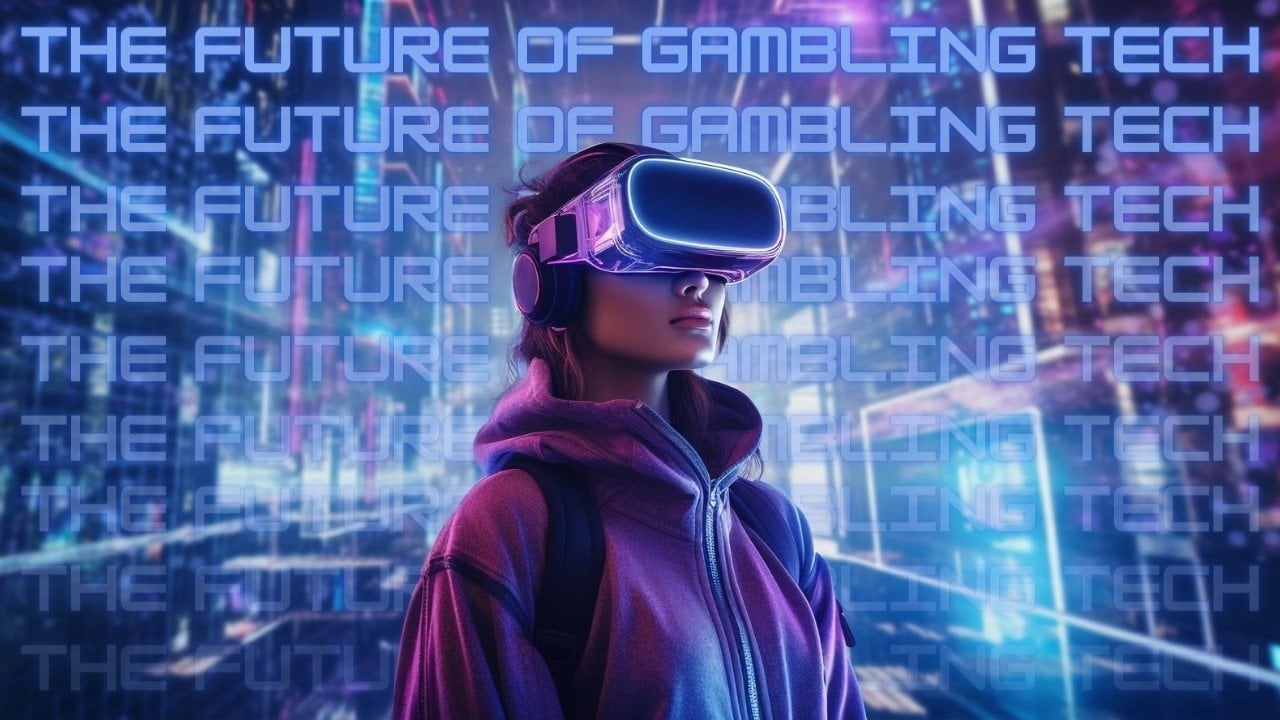
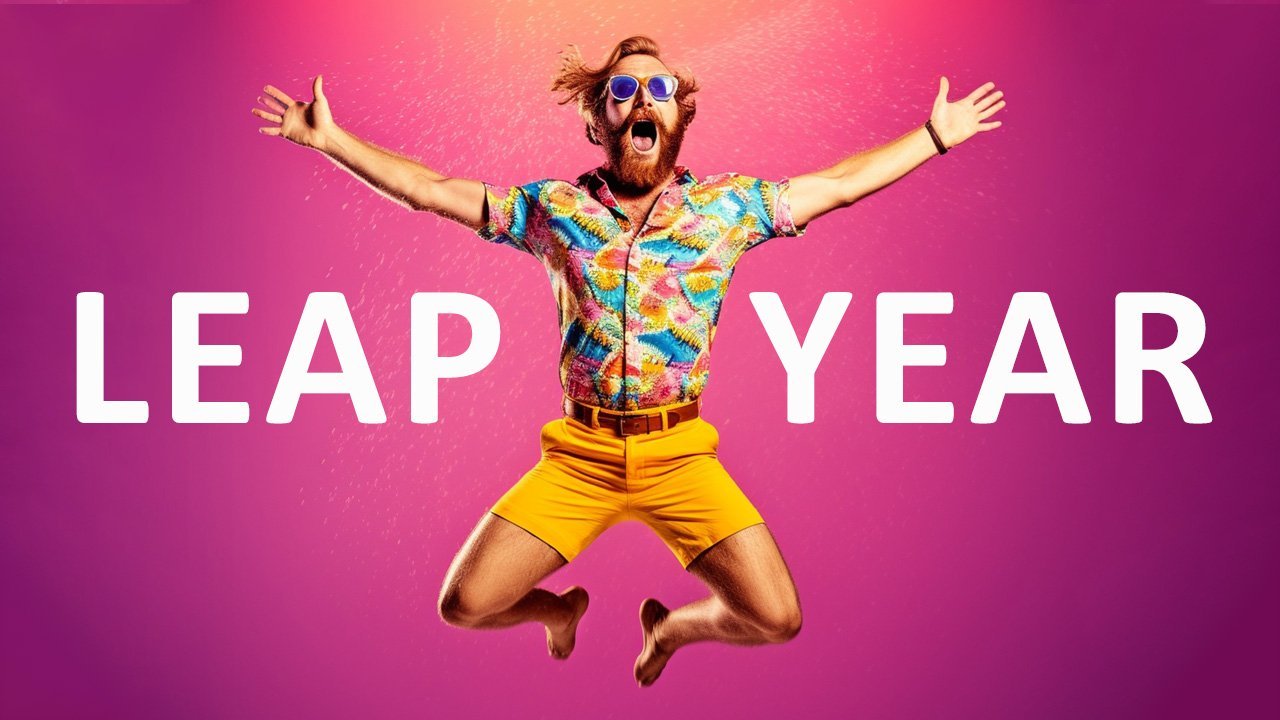
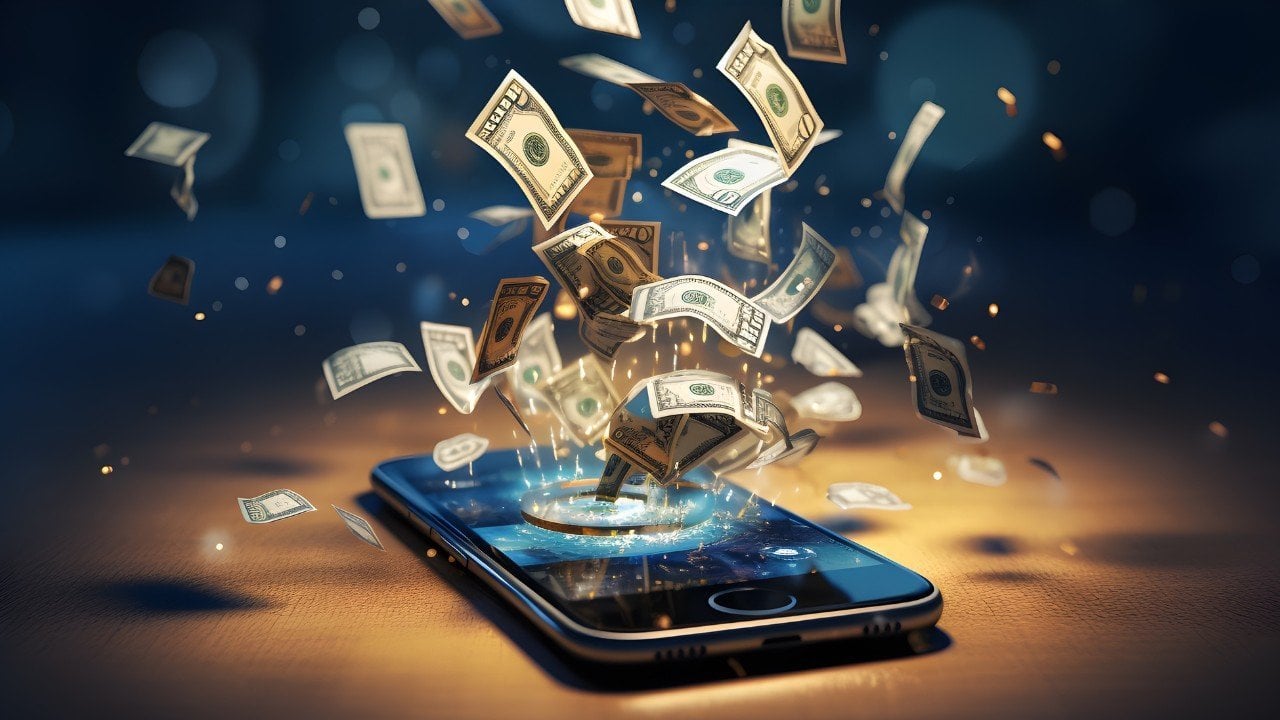
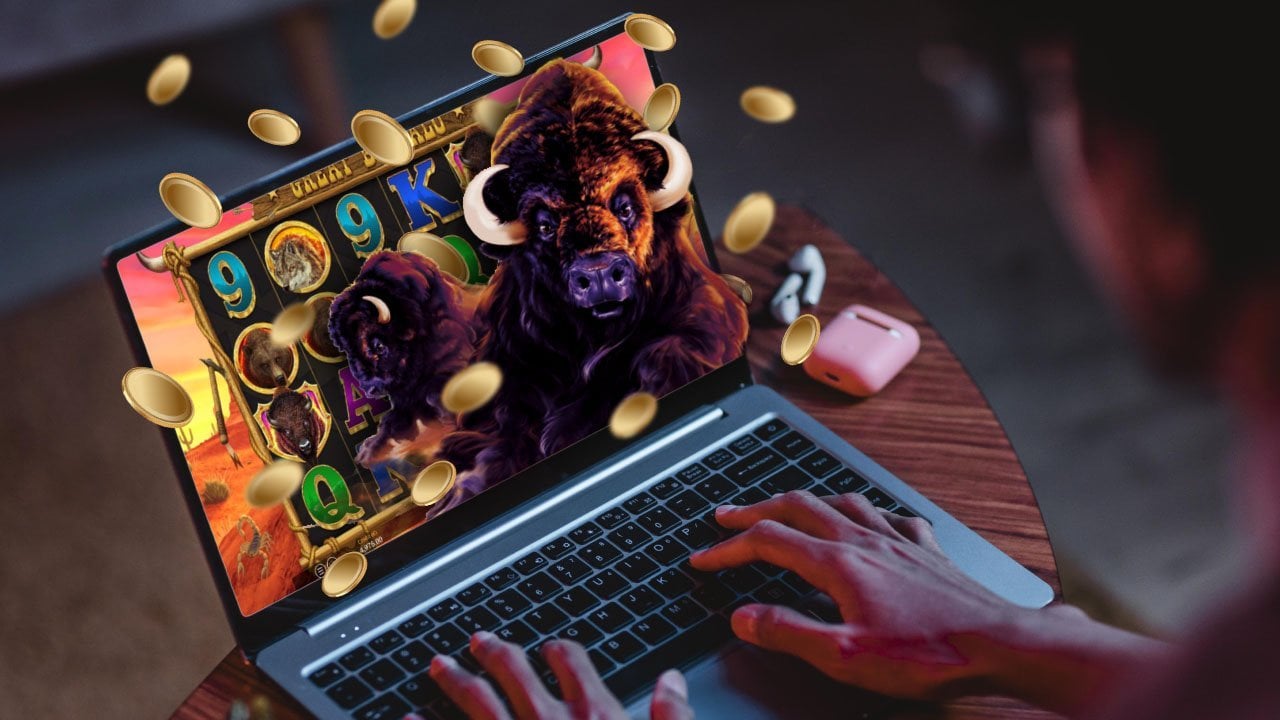
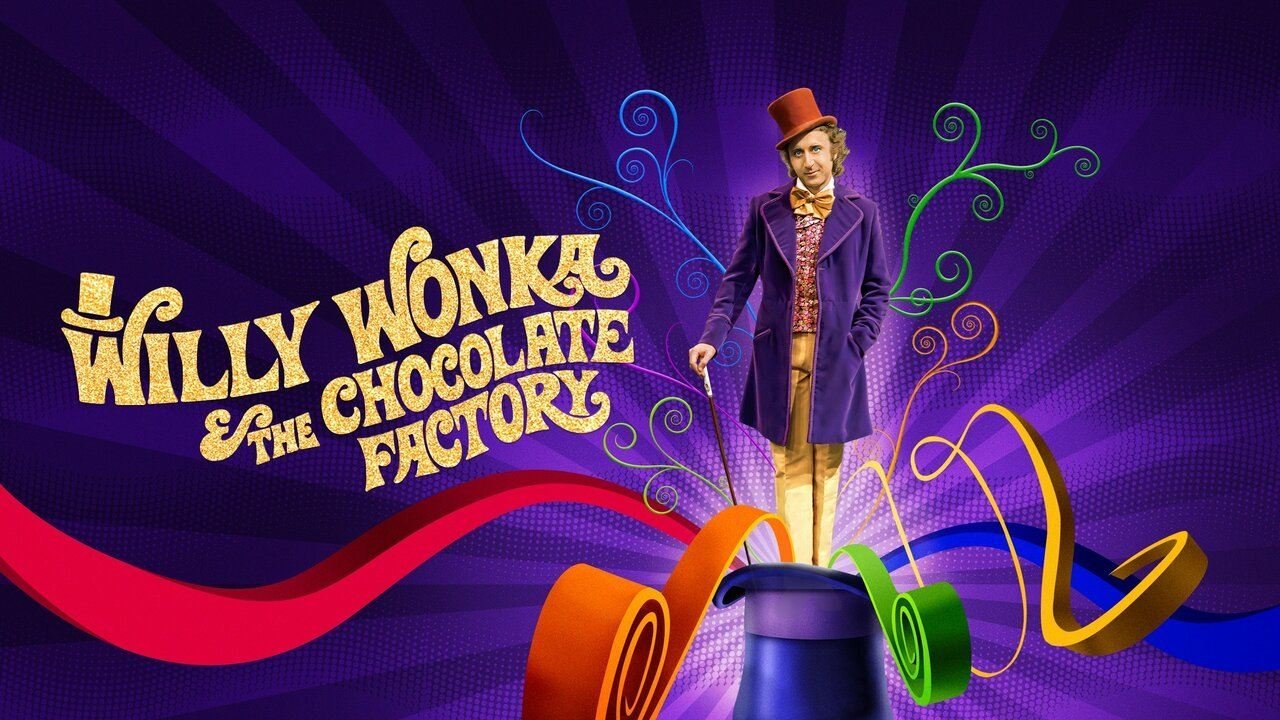
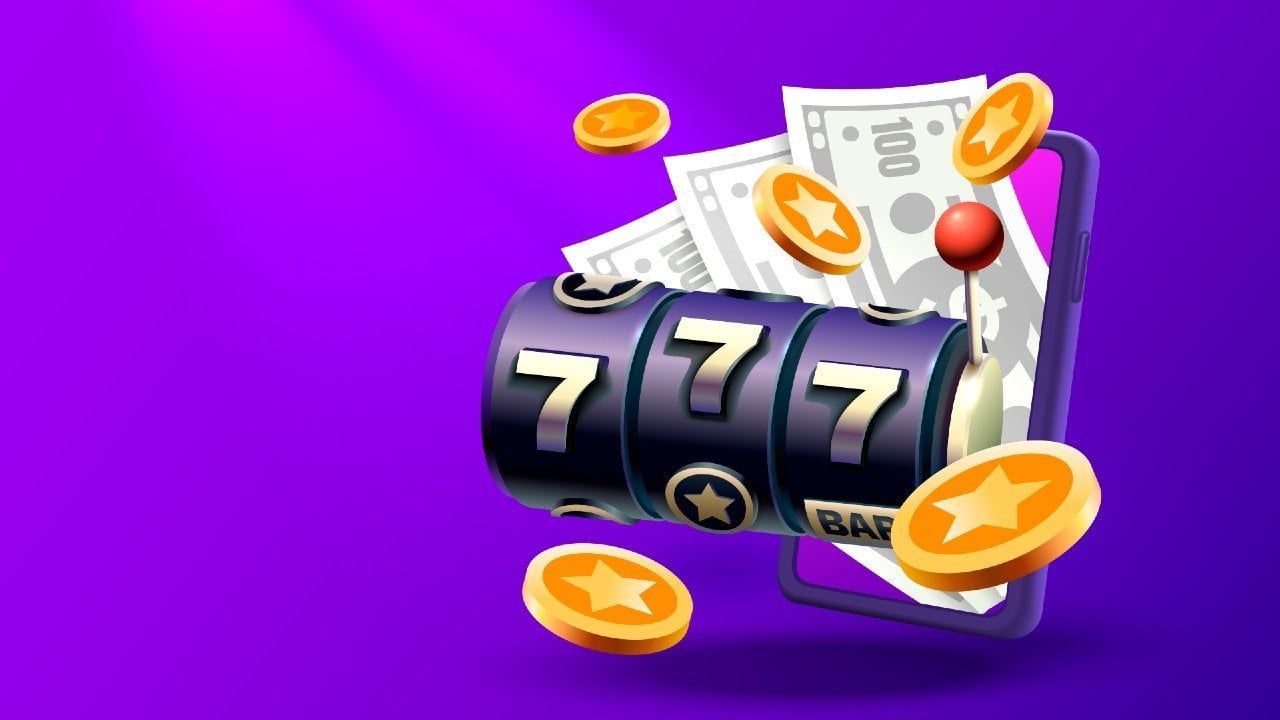


.jpg.6b9828f10acec861aa6d7ecd9550803e.jpg)
![Gauging Investors’ Stock Market Knowledge [Survey]](/uploads/monthly_2021_09/stock-market-smarts-header.jpg.ed9e6b59e99212d460da620a6bcb5d24.jpg)
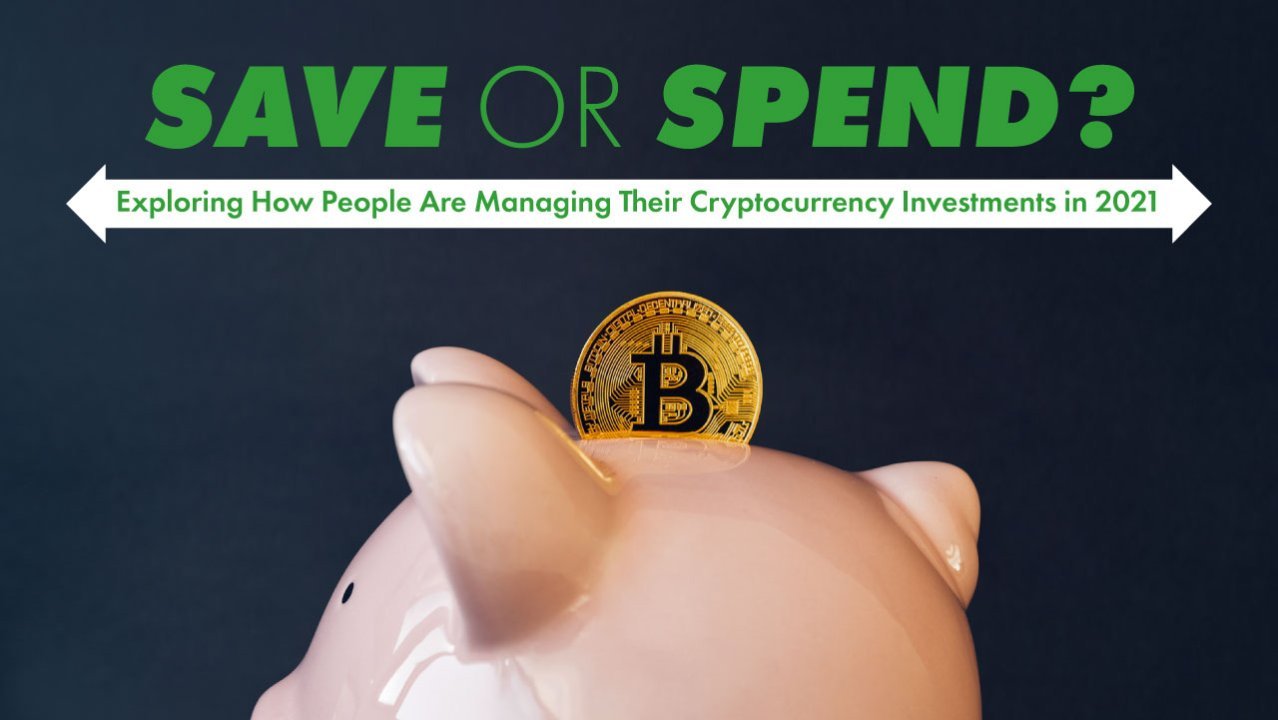




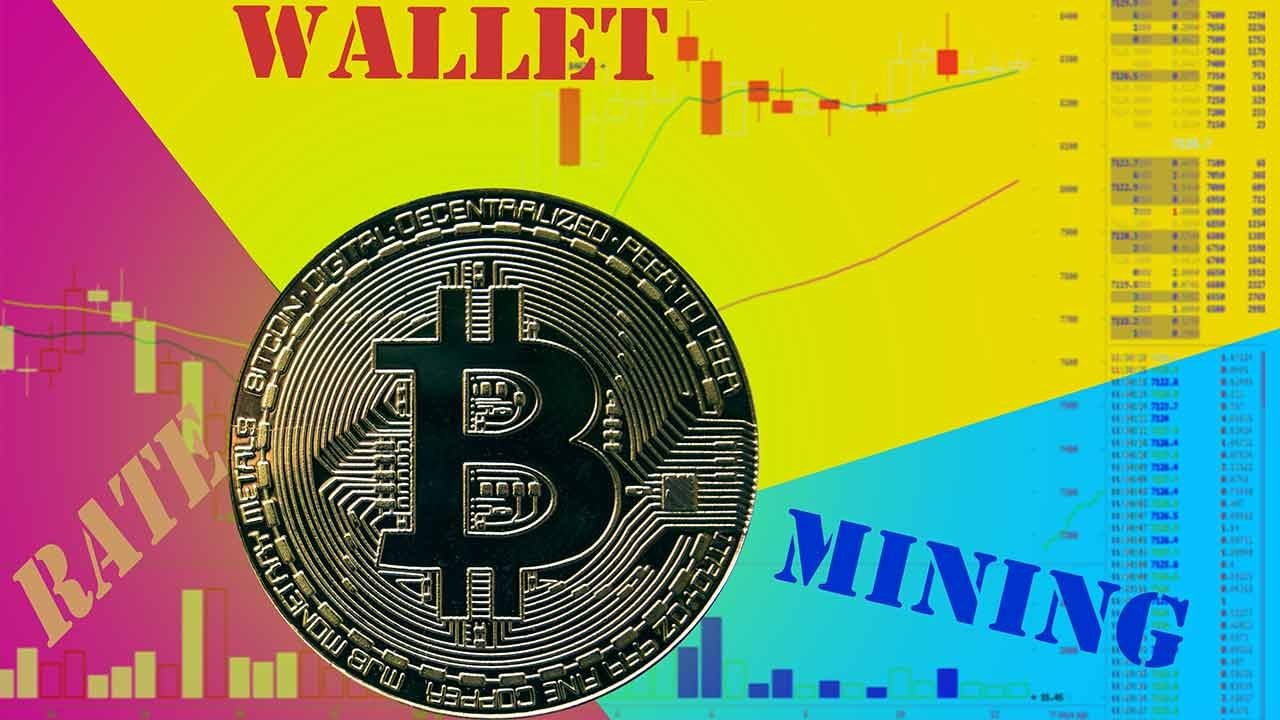
Recommended Comments
There are no comments to display.